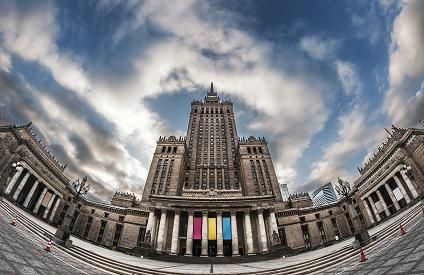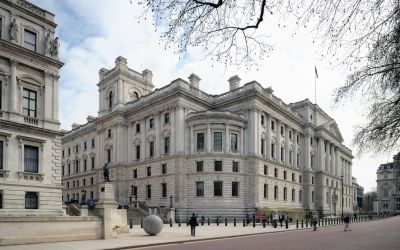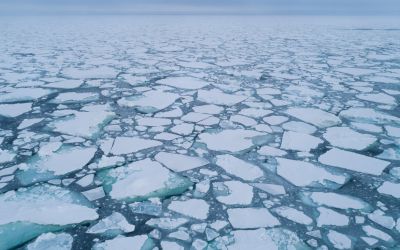COP19 opens in Warsaw, Poland
The 19th session of the Conference of the Parties to the UNFCCC begins in Poland's capital amid warnings about a potentially disastrous rise in GHG emissions.

The United Nations Climate Change Conference in Warsaw, Poland began today with calls for governments to harness the strong groundswell of action on climate change across all levels of government, business and society and make real progress towards a successful, global climate change agreement in 2015.
World nations have launched the new round of talks in Warsaw (pictured right) at the 19th Conference of the Parties (COP19) to the United Nations Framework Convention on Climate Change (UNFCCC) and the 12-day Conference began in Poland's capital amid warnings about a potentially disastrous rise in greenhouse gas (GHG) emissions.
The level of progress at COP19 could be an indicator of the world's chances of reaching a deal in 2015, which is the new landmark year in the UN-led process after the 2009 summit in Copenhagen.
Key details of the new treaty are still to be worked out, including whether all or parts of it should be legally binding.
Negotiators will face a host of recurring stumbling blocks, including money to help poor countries convert to cleaner energy sources and adapt to a shifting climate that may lead to disruptions of agriculture and drinking water, and the spread of diseases.
The urgency of the problem was underlined in a recent report by the Intergovernmental Panel on Climate Change, the UN-sponsored body that provides the scientific basis for the negotiations.
The IPCC said in September with more certainty than before that humans are warming the planet, mainly through carbon emissions from the burning of oil, coal and gas.
It raised its projections for sea-level rise and warned that the Arctic Ocean could be nearly ice-free during summers before mid-century if the world did not act to curb emissions.
But the hard part is deciding how to divide those cuts. Since they began in 1992, the UN talks have been bogged down by disputes between rich and poor countries over the role each should play in the process.






